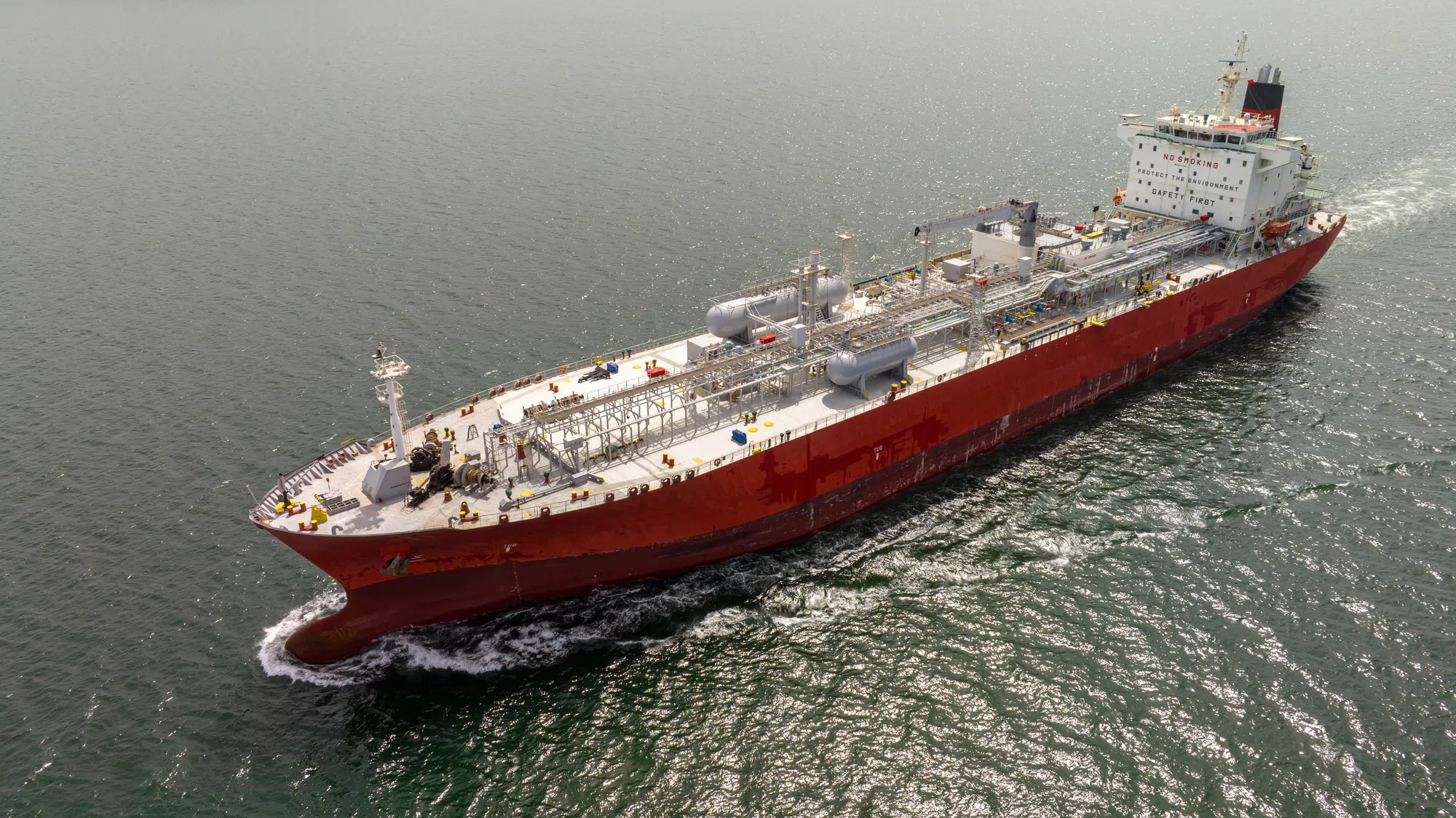
dechevm / Depositphotos.com
China Turns to Canadian Crude, Seeking to Replace U.S. Imports
Chinese refiners imported a record 7.3 million barrels of Canadian crude through the Trans Mountain Pipeline in March, and April deliveries are on pace to surpass that level as Beijing shifts its sourcing away from U.S. supply.
The Trans Mountain expansion, which entered service in May 2024, increased the pipeline’s capacity from roughly 300,000 to 890,000 barrels per day and established a direct link between Alberta’s oil sands and the West Coast. The project removed a longstanding export bottleneck, enabling year‑round tanker loading at the Burnaby terminal.
New data shows that March set a record for shipments to China via Vancouver, and April is shaping up to surpass it. This trend reveals a growing demand for Canada’s heavy, high‑sulfur crude grades, which many Asian refineries are equipped to process.
Meanwhile, the U.S.–China trade war has dramatically reshaped North American crude flows. Since tariffs by the Trump administration took effect, China’s imports of American oil have fallen by about 90 per cent to around 3 million barrels per month from nearly 27 million before the dispute began.
The relative affordability of Alberta oil versus Middle East alternatives, where benchmark prices have climbed amid strong regional demand, has further increased Canada’s appeal. Heavy grades such as those produced in Alberta’s oilsands offer cost advantages and significantly greater logistical reliability compared with other supplies.
With Trans Mountain capacity nearly sold out and additional export projects under regulatory review, industry analysts expect Canadian crude volumes bound for Asia to continue rising as refiners diversify their sources and seek dependable alternatives to U.S. crude.



Comments